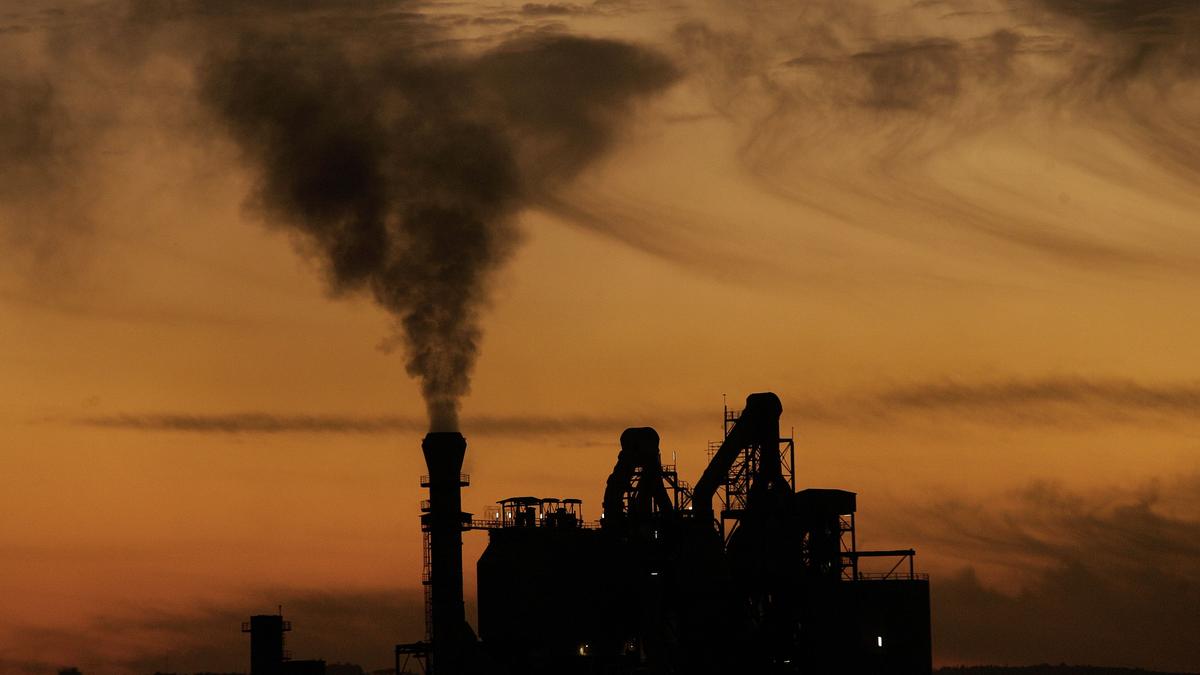
Five-day workshop on water and air quality for residents and communities
The Hindu
According to the “2023: World Air Quality Report”, India is the third most polluted nation globally and Delhi the most polluted capital city. Though Bengaluru (Rank 673) stands nowhere close to the topmost polluted cities, increasing temperature, irregular rains, growing population and infrastructure are leading to a slow change in the water and air quality of the garden city.
According to the “2023: World Air Quality Report”, India is the third most polluted nation globally and Delhi the most polluted capital city. Though Bengaluru (Rank 673) stands nowhere close to the topmost polluted cities, increasing temperature, irregular rains, growing population and infrastructure are leading to a slow change in the water and air quality of the garden city.
As residents and communities play a huge part in contributing to the water and air quality of the city, Centre for Climate Change and Sustainability, Azim Premji University, is organising a five-day workshop that will help understand the water and air quality issues prevalent in the local areas. The workshop will be facilitated by environmental scientists Professor Mohmmad Irshad Rather and Professor Manisha Mishra.
Speaking to The Hindu, Harini Nagendra, Director, Centre for Climate Change and Sustainability, Azim Premji University said the workshop will help empower residents and communities with the right information on how to manage pollution at micro level.
“Everyone is concerned about air and water pollution, but do not know how to work on it. People read about air quality index or pH levels in water, but not many know what it means. We want people to get empowered with the right information. This will help residents and communities understand their surroundings, and take it up to the resident welfare associations, the civic bodies, the pollution control board, or whoever is in charge,” she said.
This workshop will equip participants with knowledge, tools, and strategies to improve the quality of air and water. “There are seven parameters we will be testing in the community workshop for water, that is TDS, pH, Coliform, Chlorine, Ammonia, Nitrite, Nitrate. We will also be giving test kits to the participants, which they can take home and use to test the water quality at their apartments, communities, or any lakes around them. An information booklet will also be provided to identify issues of pollution and their management at the micro level.”
This training programme will include hands-on sessions with field-based kits, resource material, lecture presentations, audio-visuals, and case studies through interaction with local communities. Classroom sessions knowledge imparting will be combined with detailed discussions, questions and answers, and experience-sharing sessions. Reading material and reference documents will also be shared for an in-depth understanding of the issues.
The workshop will happen at the university campus close to Sarjapura on weekends, on July 12, 13 and 14, and July 19 and 20. The workshop fee is ₹2,360. The last date to apply is June 15. More details on https://bit.ly/waterandairquality.





















 Run 3 Space | Play Space Running Game
Run 3 Space | Play Space Running Game Traffic Jam 3D | Online Racing Game
Traffic Jam 3D | Online Racing Game Duck Hunt | Play Old Classic Game
Duck Hunt | Play Old Classic Game











